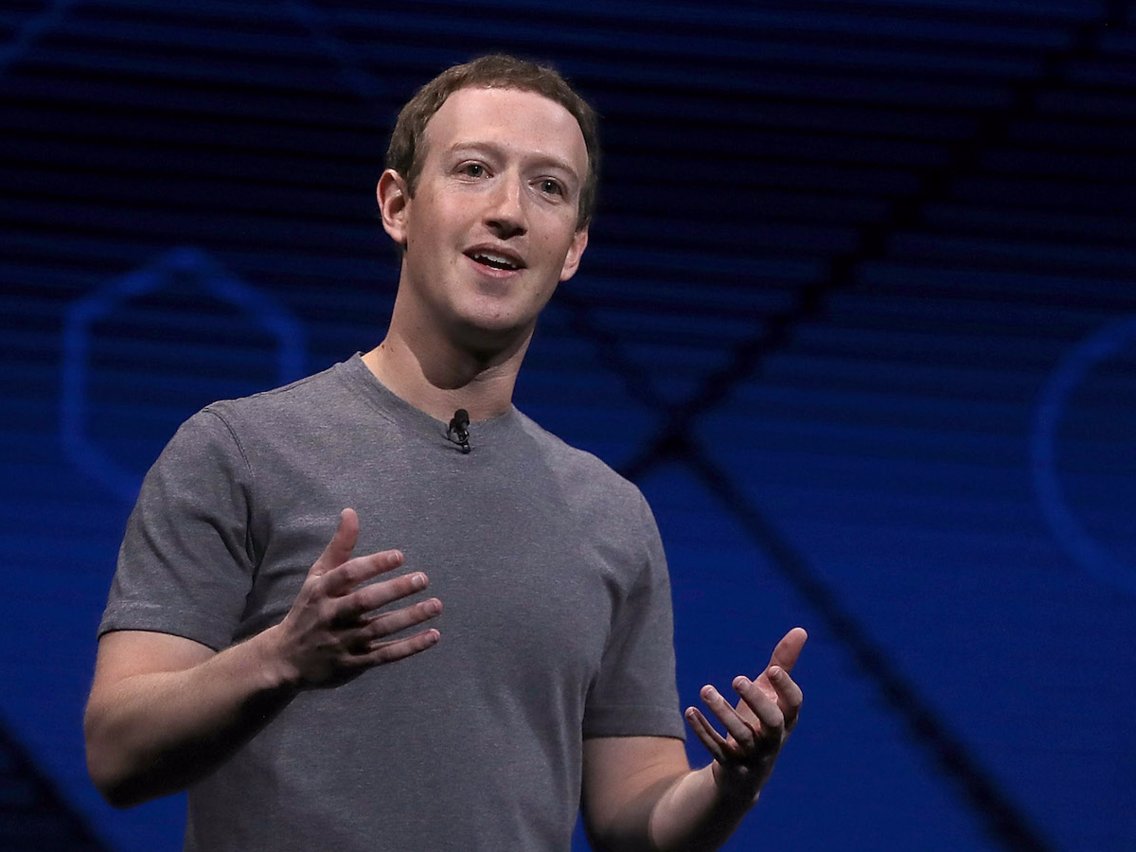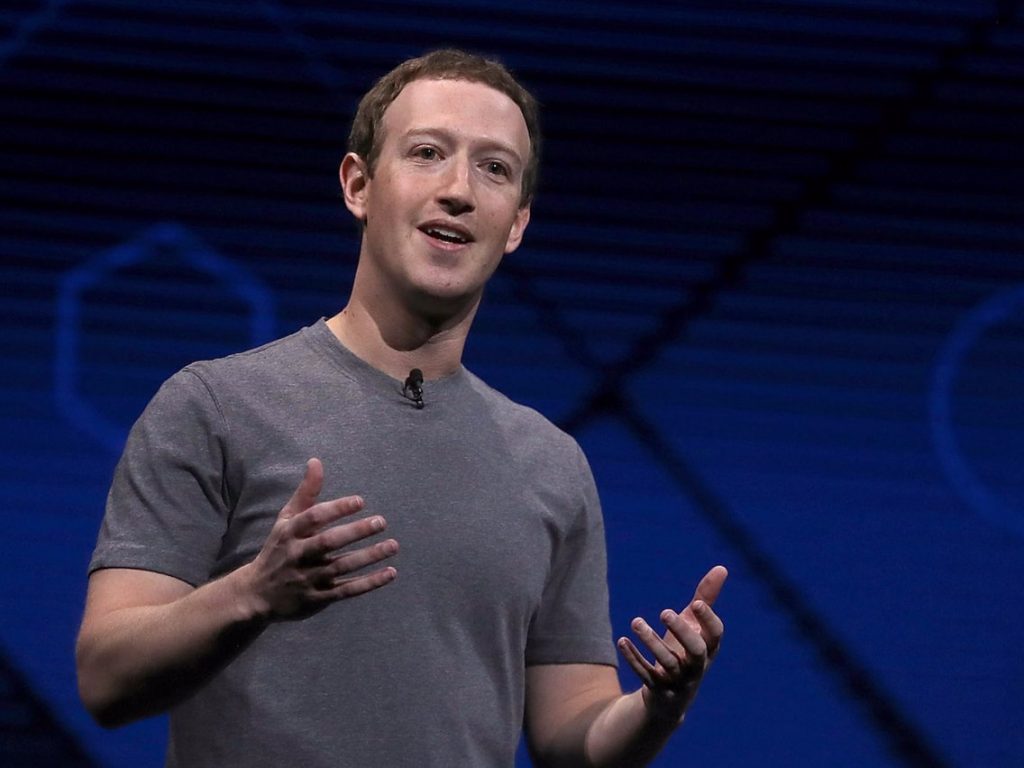At a Facebook-led telecommunications summit in London on Oct. 16 and 17, attendees could be forgiven for wondering what year it was. The social media company’s executives spoke optimistically about building tools to connect more of the world to the internet at higher speeds, and mobile operators said they were proud to be using those tools.

There was no mention of the spiraling problems Facebook Inc. has fueled around the globe with its grow-at-all-costs strategy—not the apparent genocide in Myanmar, the viral propaganda attacking opposition politicians in the Philippines, or the election misinformation in Brazil. Instead, employees’ laptops carried stickers promoting Facebook’s defunct Aquila drone project, meant to beam internet access down to underserved populations with lasers and satellites. It could have been a scene from 2015.
“We have a growing team of product, policy, and content experts who are focused on helping to keep the Facebook platform safe in both emerging and mature markets,” the company said in a statement after the conference. “We recognize the important role Facebook plays in people’s lives and the need to take responsibility for that.”
Chief Executive Officer Mark Zuckerberg conceded last year that Facebook’s mission to “connect the world” wasn’t necessarily making the world a better place. The new goal, he said, was to “bring the world closer together.” That aim, however, isn’t as closely aligned with Facebook’s business needs. Its main app, with more than 2 billion users, is running out of people to add. Facebook’s shares fell more than 20 percent after it predicted a revenue slowdown in July. To keep investors happy, it can’t just remain massively profitable—it needs to keep growing, which means getting more people online.
With its main app maturing, Facebook has been tightening its control over acquisitions Instagram, WhatsApp, and Oculus. Founders of all three companies announced their departures this year, most recently Oculus CEO Brendan Iribe on Oct. 22.
Broadband providers need Facebook, too. Remote terrain makes connecting much of the remaining offline world extremely pricey, so they’re eager for whatever savings Facebook engineering can bring. The company’s tools “make our planning work a lot easier,” says Alex Jin-Sung Choi, a senior vice president at Deutsche Telekom AG, which is working with Facebook to add network equipment in Germany and Hungary.
For years, Facebook has pitched its social network as a minimalist internet for emerging markets. Free Basics, born of partnerships between operators and Facebook’s Internet.org project, has been banned in India for violating net neutrality. Elsewhere, it provides an online world with few sources of information other than what’s going viral on Facebook. The consequences are clear.
In Myanmar, government personnel have used Facebook accounts to spread propaganda that’s heightened tension between the Buddhist majority and the Rohingya Muslim minority, who have been targets of ethnic cleansing. In the Philippines, a troll army threatens violence against critics of President Rodrigo Duterte. In Brazil, a combination of viral posts on Facebook and encrypted messaging on WhatsApp, a Facebook chat application, led one candidate to call for a federal investigation into another candidate’s use of fake news.
In mid-October, Facebook invited reporters to tour its new election “war room,” where staffers are working to ban or limit the influence of actors seeking to disrupt elections. Brazil’s runoff presidential vote on Oct. 28 will be a major test ahead of the U.S. midterms. But so far, Facebook’s solutions remain largely reactive. The company doesn’t yet have content moderators for every language it supports, and often cleans up the worst of its service only when alerted, long after the damage has been done.

